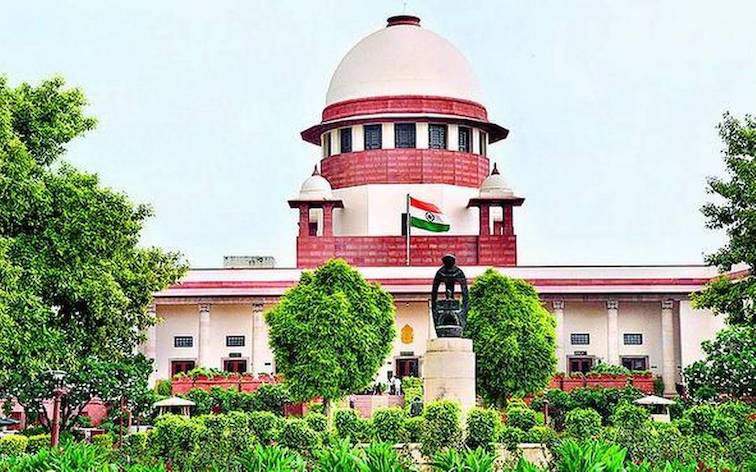In a notable legal development, the Supreme Court of India has brought into focus a pressing issue concerning the allocation of funds in the realm of Corporate Social Responsibility (CSR). The State of Rajasthan has filed an original suit under Article 131 of the Constitution, raising a significant concern. They allege that there’s an unjust differentiation in how the Chief Minister’s Relief Fund for COVID-19 (CM Relief Fund) is treated in comparison to the Prime Minister’s Citizen Assistance and Relief in Emergency Situation Fund (PM CARES Fund) in terms of CSR activities.
The core issue at hand is that Rajasthan has expressed its apprehension about the CM Relief Fund not being recognised as a valid CSR activity under Schedule 7 of the Companies Act, 2013, while the PM Cares Fund enjoys this recognition.
The Supreme Court had first taken notice of this matter back in June 2020, and now, it has evolved into a series of key questions that warrant examination:
1. Is the Suit Legally Sound?
The Court must ascertain whether the lawsuit is admissible in the first place.
2. Unequal Exclusion
Is the exclusion of the CM Relief Fund from Schedule 7 of the Companies Act, 2013, in contrast to the inclusion of the PM CARES Fund, arbitrary and discriminatory?
3. Should the CM Fund Receive CSR Benefits?
The Court will evaluate whether the plaintiff can demonstrate that, due to the circular issued on March 23, 2020, the CM Relief Fund should also enjoy the CSR benefits granted to the PM CARES Fund.
4. Is FAQ 2 in Violation of the Law?
The Court will scrutinise whether the answer to FAQ 2 issued on April 10, 2020, contravenes the Indian Constitution and the Companies Act.
5. Is the Ministry’s Memo Discriminatory?
The Court’s consideration extends to determining if the Office Memorandum (OM) released by the Ministry of Corporate Affairs on March 28, 2020, is discriminatory and, in turn, violates Article 14 of the Constitution.
The Court has decided that the case will proceed, with the registrar being tasked with recording documents. This process is anticipated to conclude by the end of November 2023, with the case set for hearing on December 5th.
The lawsuit, presided over by a Supreme Court bench featuring Justices Abhay S Oka and Pankaj Mithal, is a result of the State of Rajasthan invoking Article 131 of the Indian Constitution. They challenge the exclusion of the CM Relief Fund from the fold of CSR activities, as compared to the PM CARES Fund.
Origin of the Case
The genesis of this matter harks back to the early days of the COVID-19 pandemic’s presence in India. It was on March 23, 2020, that the Ministry of Corporate Affairs issued a circular, permitting companies to utilise their CSR funds for COVID-19 relief. This development followed shortly after the implementation of a nationwide lockdown on March 24, 2020.
Subsequently, on March 28, 2020, the Indian government issued a circular that made it explicitly clear that contributions made to the PM CARES Fund would qualify as CSR expenditures under the Companies Act. In other words, companies were permitted to invest in the PM CARES Fund and count it as part of their corporate social responsibility.
However, a shift occurred on April 10, 2020, when the Ministry of Corporate Affairs declared that contributions to the CM Relief Fund did not meet the eligibility criteria for CSR expenses under the Companies Act. This declaration led the State of Rajasthan to take legal action, invoking Article 131 of the Indian Constitution.
The plaintiff in this case asserts that the CM Relief Fund should rightfully be recognised as a CSR expenditure under the Companies Act. They argue that the Ministry’s circular from April 10, 2020, was contrary to the law and the Constitution. In their lawsuit, they are seeking a court order to reclassify contributions to the CM Relief Fund as eligible CSR expenses.
Importantly, they underline the fact that COVID-19 is officially classified as a national disaster, and the Companies Act includes provisions related to healthcare and disaster relief. They argue that these provisions should encompass the CM Relief Fund.
The Court’s decision in this case will have far-reaching implications, potentially affecting how COVID-19 relief efforts and CSR initiatives are undertaken in India. It highlights the importance of clear and equitable regulations in matters of corporate social responsibility during times of crisis.


